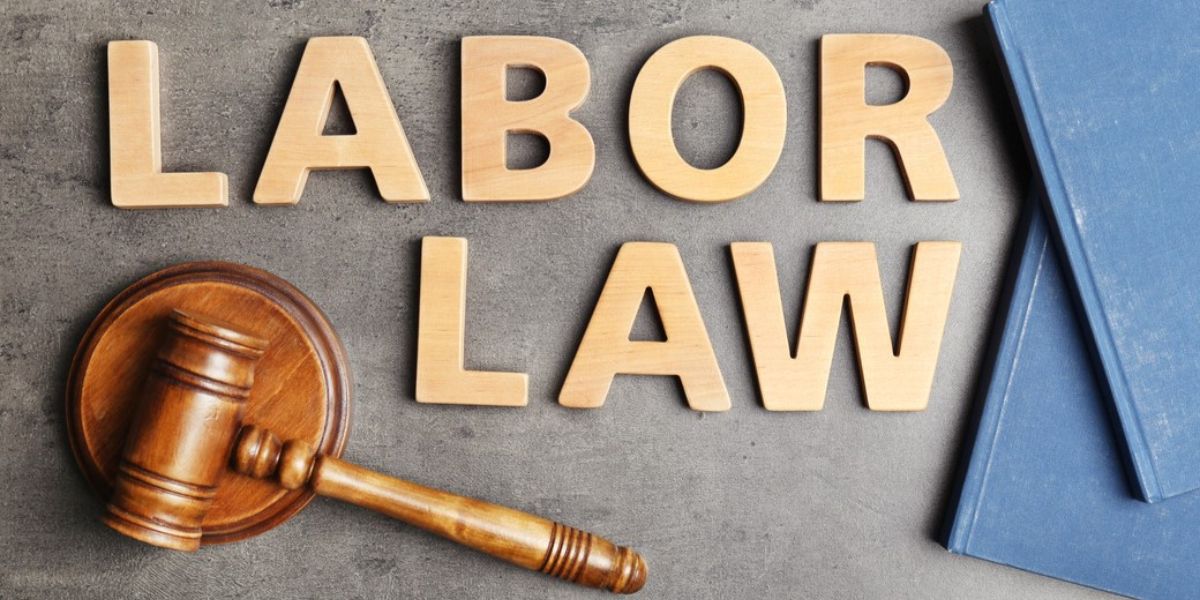Ohio is home to thousands of working teens and young adults looking to gain experience, earn extra money, or explore future careers. However, for those under 18, state labor laws impose specific restrictions to ensure safety, promote education, and protect youth from exploitation.
Whether you’re a teenager searching for your first job or a parent trying to navigate employment laws, it’s essential to understand Ohio’s rules on youth employment—especially when it comes to permits, work hours, and job types.
Minimum Working Age in Ohio
In Ohio, the minimum legal working age is 14. However, not all jobs are accessible to 14- and 15-year-olds, and certain restrictions apply based on age, type of work, and school attendance.
Children under 14 generally cannot be employed, with a few exceptions like newspaper delivery, performing in entertainment, working on farms, or doing household chores in private homes.
Work Permits: Who Needs One?
All minors under 18 must obtain a work permit before starting a job, unless they have graduated from high school or hold an equivalent diploma.
Steps to Get a Work Permit in Ohio:
- Job Offer: The teen must first secure a job offer from an employer.
- Work Permit Application: Students must complete a work permit application form, which includes:
- A Physician’s Certificate showing the teen is physically fit to work.
- A Pledge of Employer form completed by the employer.
- School Authorization: Once the forms are complete, students submit them to their school’s guidance office or superintendent’s office for processing.
The school then issues the official work permit, which must be presented to the employer.
Work Hour Restrictions for Minors
Ohio labor laws regulate how many hours minors can work depending on age and whether school is in session.
Ages 14–15:
- During School Weeks:
- Max 3 hours per day on school days
- Max 18 hours per week
- Work must be between 7 a.m. and 7 p.m.
- During Summer Break:
- Max 8 hours per day
- Max 40 hours per week
- Extended hours allowed: 7 a.m. to 9 p.m. (June 1 – Sept 1)
Ages 16–17:
- When School is in Session:
- Cannot work before 7 a.m. or after 11 p.m. on a school night (if enrolled in school)
- When School is Out:
- No hourly limits on non-school days
- Must still adhere to federal labor laws and workplace safety rules
Restricted Jobs for Minors
Ohio law prohibits minors from working in hazardous or dangerous occupations, as defined by both state and federal regulations. The type of jobs youth can do expands with age, but certain categories remain off-limits until age 18.
Jobs 14–15-Year-Olds Cannot Do:
- Manufacturing or mining
- Operating power-driven machinery (like lawn mowers, forklifts)
- Working in construction or demolition
- Cooking over open flames or using deep fryers
- Working in warehouses or meat processing plants
Permitted jobs for this age group include:
- Grocery store clerks
- Cashiers
- Lifeguards (with certification)
- Office or clerical work
- Caddying at golf courses
- Bussing tables or hosting in restaurants
Hazardous Occupations (Banned for Under 18s):
- Operating heavy equipment or motor vehicles
- Roofing or trenching
- Exposure to radioactive substances
- Logging or sawmilling
- Manufacturing explosives or fireworks
Penalties for Employers Who Violate Youth Labor Laws
Ohio takes youth labor violations seriously. Employers who fail to follow minor labor laws may face:
- Fines up to $750 for a first offense
- Up to $1,500 for repeat offenses
- Possible suspension or revocation of business licenses
- Civil penalties and lawsuits in severe cases
To avoid violations, employers are encouraged to keep accurate time records, verify work permits, and stay updated with state and federal child labor laws.
Why These Laws Exist
Youth labor laws aren’t just red tape—they’re designed to protect minors from exploitation, ensure education remains a priority, and promote healthy development. Balancing school, work, and safety is key to providing teens with the opportunity to learn responsibility while still being protected from dangerous or overly demanding environments.
Conclusion
Ohio offers teens the chance to gain valuable work experience—but with clear boundaries. Understanding when and where minors can work, what types of jobs they can hold, and how to get a work permit ensures everyone—employers, parents, and youth—stays on the right side of the law. As teens prepare for their first paychecks, knowing these rules is the first step toward a safe and rewarding work experience.



